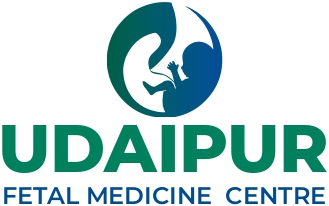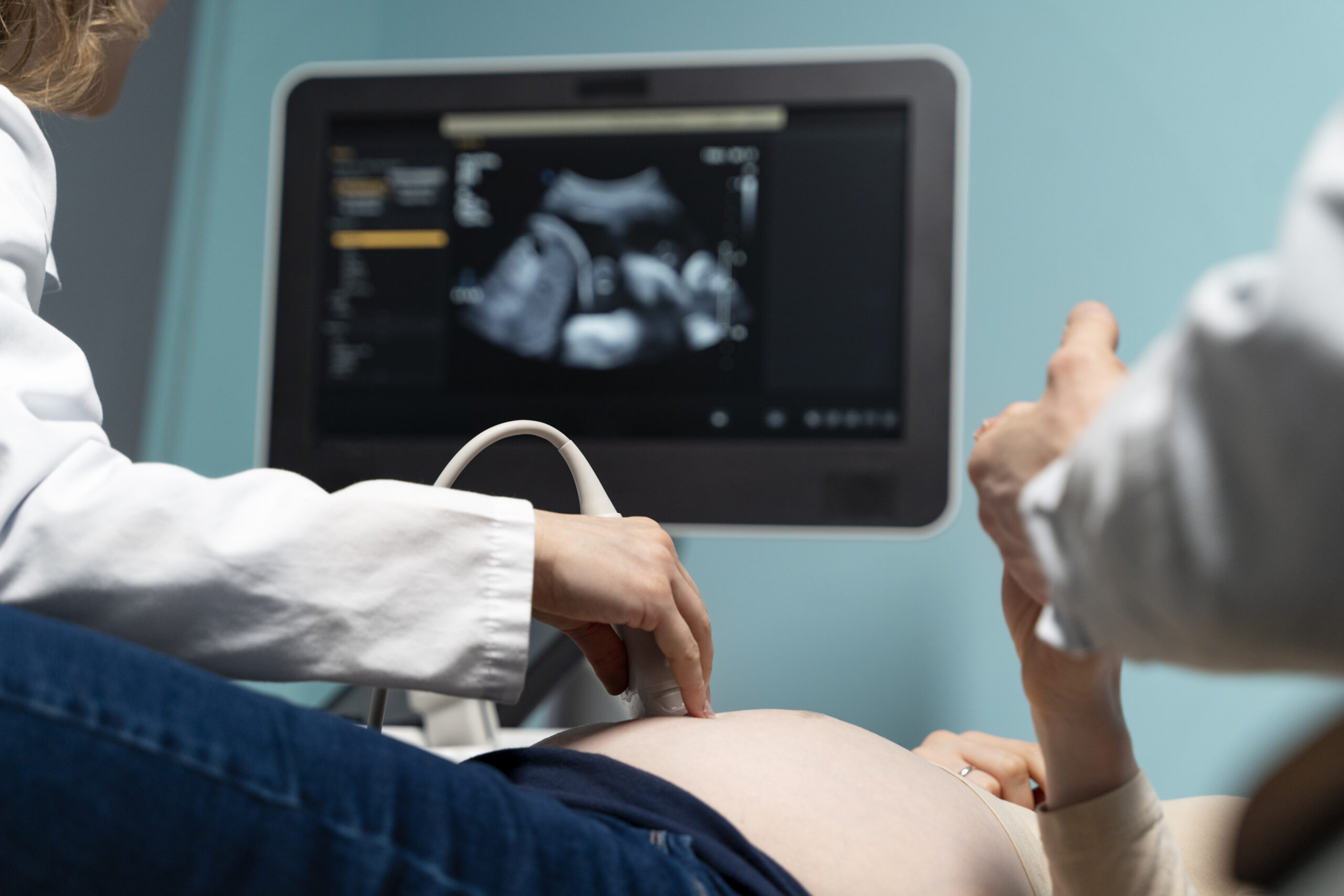What Is a Fetal Cardiac Scan?
A fetal cardiac scan, also called a fetal heart scan or fetal echocardiography, is a special ultrasound. It checks your baby’s heart while still in the womb. This test uses sound waves to create clear pictures of the baby’s heart. Because it is safe and painless, doctors often recommend it for expectant parents. The scan helps spot any heart problems early. According to the CDC, early detection can improve outcomes for babies with heart issues.
Why Is a Fetal Cardiac Scan Important?
Many parents want to know why this scan matters. First, it helps doctors find heart defects before birth. Early detection means doctors can plan the best care for your baby. In some cases, treatment can even start before birth. Also, knowing about any issues early can help parents prepare emotionally and practically. The World Health Organization notes that early care can save lives and improve health.
When and How Is the Scan Performed?
Doctors usually suggest a fetal cardiac scan between 18 and 24 weeks of pregnancy. However, some may recommend it earlier or later, depending on your health. The scan is done using a special ultrasound machine. You will lie on a bed while a technician moves a small device over your belly. This device sends sound waves that create images of your baby’s heart. The test usually takes 30 to 60 minutes. Most parents can go home right after the scan.
What to Expect During the Procedure
Many parents feel nervous before the scan. However, the procedure is simple and safe. Here is what you can expect:
After the scan, you can return to your normal activities. Your doctor will explain the results, usually within a few days.
Common Findings and Their Significance
The scan can show if your baby’s heart is developing normally. Sometimes, doctors find minor issues that may not need treatment. In other cases, they may spot more serious problems. Common findings include:
If the scan finds a problem, your doctor will discuss the next steps. Often, more tests or specialist visits are needed. Early planning can help ensure the best care for your baby.
Safety and Risks
Many parents worry about the safety of a fetal cardiac scan. However, this test is very safe. It uses sound waves, not radiation. The World Health Organization and CDC both say that prenatal ultrasounds, including fetal heart scans, do not harm the baby or mother. There are no known risks when performed by trained professionals. Still, it is important to have the scan only when your doctor recommends it.
How to Prepare for the Scan
Preparing for a fetal cardiac scan is easy. Here are some tips:
Following these steps can help make the scan go smoothly.
Frequently Asked Questions
Prevention and Lifestyle Guidance for a Healthy Pregnancy
While not all heart problems can be prevented, you can take steps for a healthy pregnancy. For example, eating a balanced diet and taking prenatal vitamins can help. Avoid smoking, alcohol, and harmful drugs. Regular check-ups with your doctor are important. Managing conditions like diabetes or high blood pressure can also lower risks. The CDC recommends staying active and following your doctor’s advice for the best outcomes.
Conclusion
A fetal cardiac scan is a safe and helpful test for expectant parents. It provides important information about your baby’s heart health, and early detection can make a big difference. For personalized advice about fetal cardiac scans, consult a fetal medicine specialist at Gokulam Clinic & Scans.

